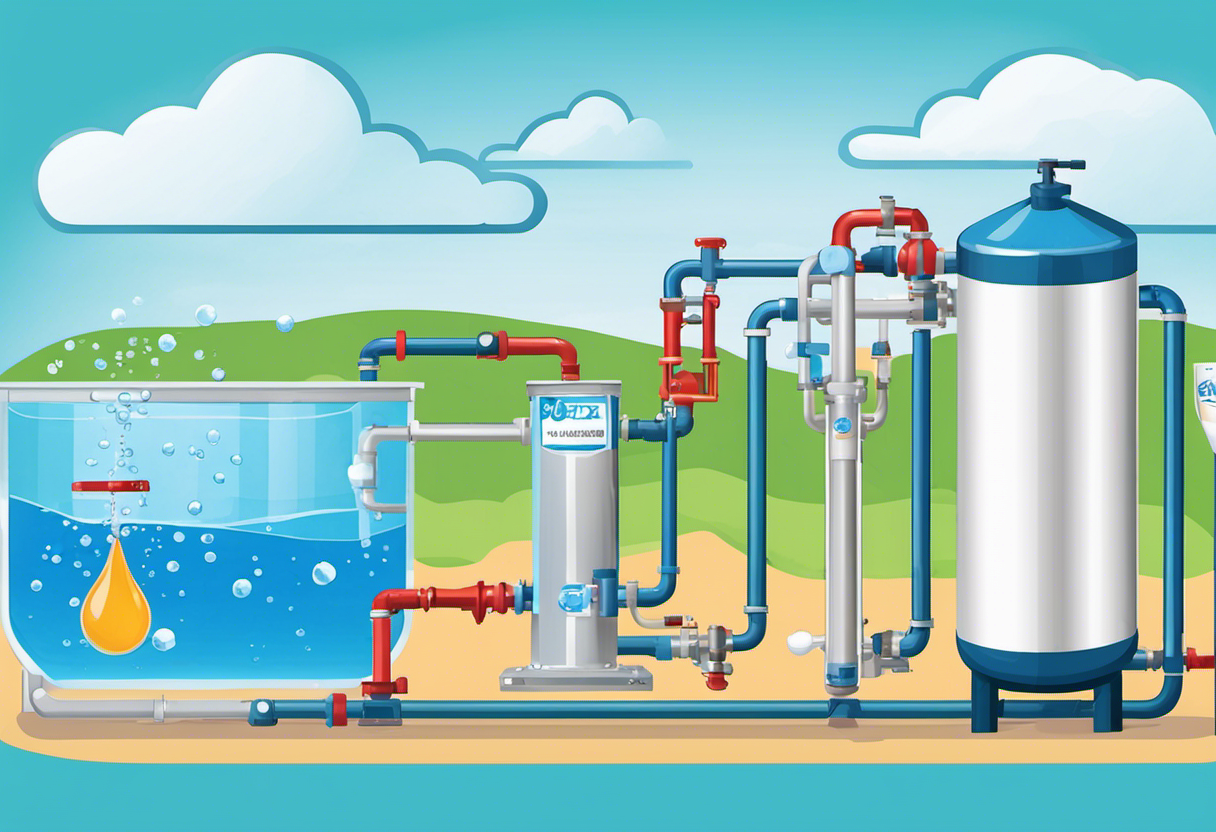The Ultimate Guide to Choosing the Best Water Softeners for Your Home

When it comes to home water systems, few things are as essential as a good water softener. Hard water can cause a host of problems, including limescale buildup in pipes and appliances, dry skin and hair, and even reduced lifespan for your plumbing system. By investing in a water softener, you can eliminate these issues and enjoy the benefits of clean, soft water throughout your home. But with so many options available on the market, how do you choose the best water softener for your specific needs? In this ultimate guide, we will explore everything you need to know to make an informed decision.
Understanding Hard Water and Water Softeners
Before diving into the selection process, it's essential to understand what hard water is and how water softeners work. Hard water is water that contains high levels of minerals such as calcium and magnesium. These minerals can create a buildup of limescale, causing clogged pipes, reduced water pressure, and inefficient operation of appliances. A water softener is a device that removes these minerals by employing a process called ion exchange. The water softener replaces the calcium and magnesium ions with softer minerals like sodium or potassium ions, effectively softening the water.
Determining Your Water Softening Needs
The first step in choosing the best water softener for your home is determining your specific needs. Consider factors such as the size of your household, the level of hardness in your water, and any specific water usage requirements you may have. The hardness level of your water can be determined through an at-home water testing kit or by obtaining a water analysis from a professional. Additionally, consider the flow rate and water capacity you require to meet the demands of your household. This information will help you select a water softener that can adequately handle your specific needs.
